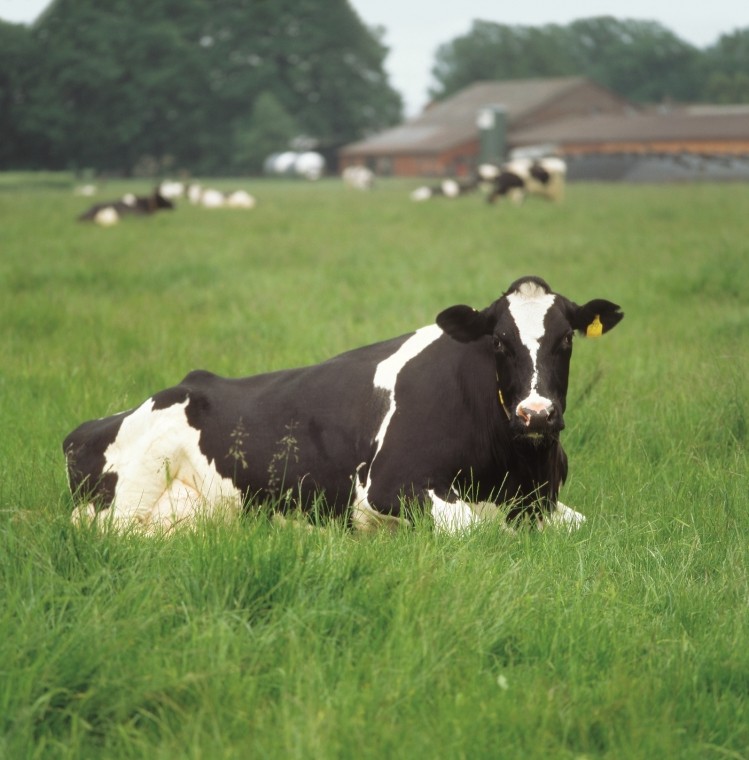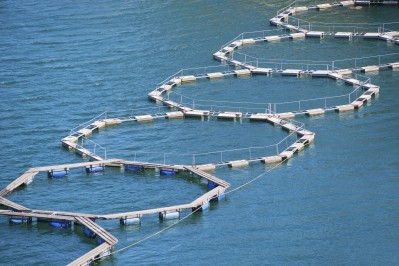New US production facility for dairy cow methionine ingredient

With a coating that protects the amino acid from undesired degradation in the rumen, Mepron is a form of methionine that has been formulated specifically for dairy cows.
Dr Reiner Beste, head of Evonik’s health and nutrition business unit, said in a statement: “The new plant for Mepron will give us a direct presence in the important US dairy cow market.”
The company said the USA, which is home to the world’s largest number of high yielding dairy cows and responsible for about 12.5% of global milk production, was the most important sales region for Mepron. It said a similar potential existed in the European Union.
Evonik also said the investment would “strengthen its position as the world’s leading supplier of amino acids” and “open up new growth opportunities” for its amino acid business.
The new plant is scheduled for completion in the second half of 2015.
Evonik declined to put a specific value on the investment, stating that it was “in the low double-digit-million-euro range”.
The company also refused to comment on the capacity of the new plant and the customer base it would be serving.
Essential amino acids
Methionine is one of the essential amino acids that higher organisms need to ingest. If methionine is lacking, the animal cannot use all the other amino acids for its own protein synthesis or for milk production. High yielding dairy cows have a particularly high demand for methionine.
According to Evonik, while farmers traditionally enrich feed rations with protein sources such as rapeseed or soybeans, precise doses of individual amino acids are not added. As a result, cows frequently absorb too little methionine to be able to use other amino acids. These are excreted unutilised, placing a burden on the animals’ metabolism and leading to more nitrogen being excreted into the environment.
Through targeted use of Mepron, Evonik says it is possible to reduce the amount of protein in the feed by around 10% with no adverse effect. This lowers feed costs and increases profitability.
Mepron releases most of the methionine in the small intestine, where it can be absorbed so that it is available in particular for the production of milk protein. In an unprotected form, the methionine would be broken down by microorganisms in the rumen.












